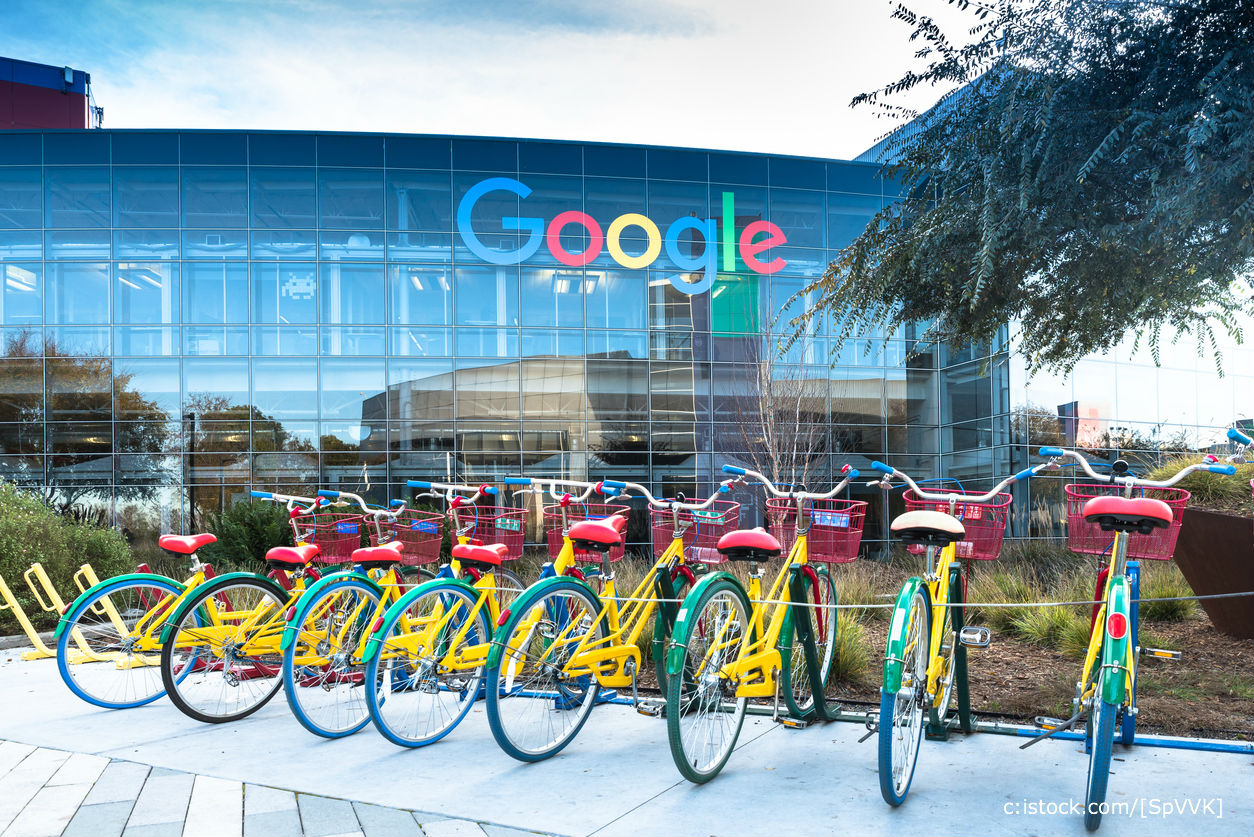
Just a week after announcing a wide-scale rebrand of its ad products, Google yesterday (July 10) launched a suite of new ad tools boxed together using its machine-learning tech capabilities.
The updates were announced in a blog post by Jerry Dischler, the ad tech giant’s vice president of product management, who said the tools came as growing consumer demand for “helpful and personalised” ads, particularly driven by mobile, was beginning to slip away from advertisers’ ability to deliver them at scale.
Spanning Search, Shopping and YouTube, all with machine-learning tech at heart, those updates include;
Responsive search ads
Requiring advertisers to supply 15 headlines and 4 lines of description in advance, Google will serve up what its algorithms think is a winning content combination based on the context a consumer’s search.
Dischler says that by testing different combinations of creative, his company’s machine-learning technology will learn which variation performans best for any search query, “so people searching for the same thing might see different ads based on context,” adding that advertisers can expect around 15% more clicks.
Maximize lift (YouTube)
Citing 1 in 2 car buyers going to its video-sharing platform before buying and 1 in 2 millennials heading there for cooking tips, YouTube’s becoming a go-to for pre-purchase research, from purchases large and small.
Currently in beta to roll out later this year, Maximize lift is looking to tap into this consumer behaviour by placing brands’ ads at the “right moment to the right audience” after they’ve watched a video, automatically adjusting bids at auction for impact and brand perception.
Local campaigns
Considered by ZDNet to be a semi-swipe at e-commerce giant Amazon, Local campaigns is geared driving foot traffic to brick-and-mortar stores, where it says the majority of consumers researching on YouTube and Google make their purchases.
Particularly geared at key moments, such as in-store events and promotions, Local campaigns is exclusively for driving footfall, requiring the advertiser provide business locations and ad creative, while Google says it will automatically optimise ads across its properties.
Smart shopping campaigns
Finally, following on from its recently upgraded shopping ads, which could be automatically optimised based on an advertiser’s conversions, Google is introducing the ability to target new objectives, such as store visits or new customers.
Machine learning will factor in the likelihood that a click will result in these actions, while it will also optimise where the ads show, whether that’s in Search, Images or YouTube, for example.
Meanwhile, Dischler added that its adding support for e-commerce platforms including Shopify, where marketers can already run Google Ads.
 Interested in hearing leading global brands discuss subjects like this in person?
Interested in hearing leading global brands discuss subjects like this in person?
Find out more about Digital Marketing World Forum (#DMWF) Europe, London, North America, and Singapore.





